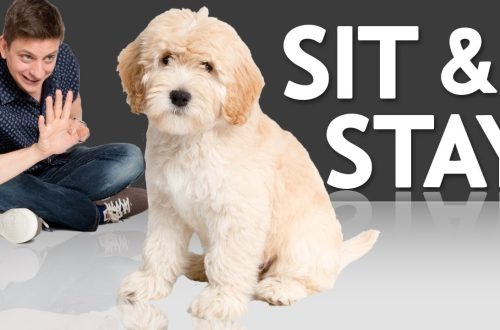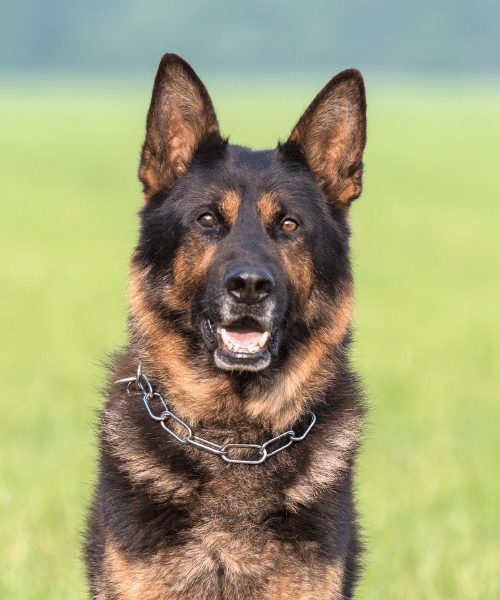
What kind of dog to get: shepherd breeds
If you’re looking for a hard-working, dedicated furry friend, a shepherd dog might be the perfect fit for you.
There are many breeds of herding dogs, from tall German Shepherds to short Corgis, and although these dogs are among the most loyal, they still have characteristics that may make them not the best choice for certain people and families.
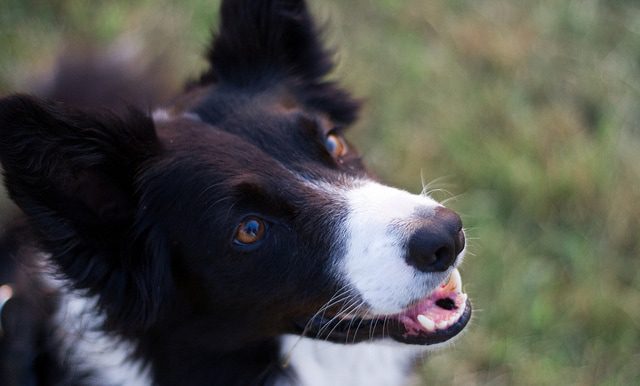 Some of these breeds, such as the Border Collie, are very popular as pets because of their joyful, energetic nature. Before you meet and fall in love with such a dog, see if its personality and grooming requirements match what you can provide for your new four-legged friend.
Some of these breeds, such as the Border Collie, are very popular as pets because of their joyful, energetic nature. Before you meet and fall in love with such a dog, see if its personality and grooming requirements match what you can provide for your new four-legged friend.
What are herding dogs?
Herding dogs were so classified due to their ability to herd herds of farm animals, including cattle, sheep and goats. Initially, they made sure that none of the animals left their territory, and then herded them together so that they moved as one. These dogs were essential for farmers as they helped them to keep an eye on livestock and protect it from predators. There are several breeds in the classification of herding dogs. Below are just a few of the most common:
- Australian Shepherd.
- Border Collie.
- Collie.
- German Shepherd.
- Old English Sheepdog.
- Pembroke Welsh Corgi.
- Collie.
You can see the full list of breeds in this classification by clicking on the AKC link in the next paragraph.
Character
Herding dogs, also classified as working dogs, have common features and physical qualities such as agility, speed, and loyalty. In general, they are very smart, funny, energetic and strong animals that need to be active. The American Kennel Club notes that “these intelligent dogs make great companions that respond well to training,” making them a great choice for active people.
The individual character of a dog depends on its breed. A collie, for example, is a sweet and affectionate dog (the most famous of which is television star Lassie, a rough collie). PetMD notes, “The Collie is an affectionate and predictable breed, disciplined and easy to train, making it ideal for families with little dog experience.” Collies and other herding dogs retain a strong herding instinct (they are especially fond of picking up small children), which can manifest as pinching or nibbling at your heels. While this is considered undesirable behavior, the good news is that dogs in this group are highly trainable, and with time and patience, you should be able to calm down your dog’s unwanted behavior.
physical needs
Traditionally herding dogs were bred to work on farms and ranches to accompany herds of cows, sheep and goats, however now the average pet rarely interacts with farm animals, especially in urban areas. Despite the fact that such a dog lives a comfortable life in a house or apartment, he is a sports animal, and just being in the living room is not enough for him. She needs an outlet for energy.
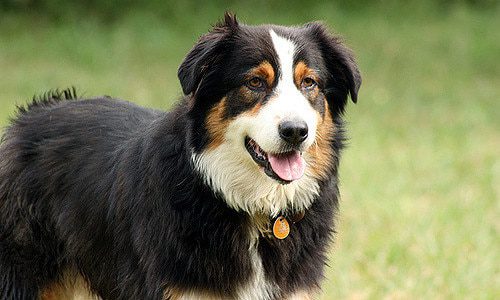
Think carefully about your living conditions and how often – and how easily – your dog will be able to run in a large open space. If you can’t regularly visit dog parks or other open areas where animals can run freely, a herding dog may not be the best option for you. She can become restless in tight quarters, especially due to her strong herding instinct. Homes with large fenced yards are ideal conditions for a shepherd dog to live happily with his owner.
The ideal owner for a herding dog is someone who loves to spend time outdoors and leads an active lifestyle. You will need a lot of energy to keep up with your unstoppable dog. Be sure to give your furry pet a job so he doesn’t get bored!
Care
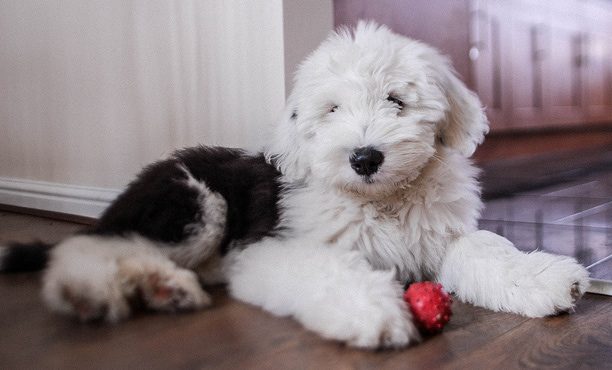
In general, caring for a shepherd dog is not much different from caring for a dog of any other breed. You will need to provide proper medical care, identification and licensing for your puppy, feed him a balanced and nutritious diet, obey laws against walking without a leash, and be a devoted and patient owner.
As stated earlier, herding dogs are multi-tasking animals with lots of energy, so be sure to have a training program in place to prevent behavioral problems in the future. These dogs see training as a fun activity that keeps them physically and mentally active, so what you perceive as training activities they consider fun.
Grooming requirements are specific to each dog breed. A fluffy Old English Sheepdog will require much more strength than a short-haired dog. Vetstreet recommends setting aside at least 30 minutes a week to give your furry friend a thorough brush. You’ll also find its gorgeous fur all over the house, so take extra time to vacuum it up!
Shepherd dogs are a wonderful option for families who have enough time and energy to dedicate to their new furry buddy. In exchange for the home and family you give him, he will become your faithful and loving companion. If you’re looking to get a herding breed puppy, be sure to check out your local animal shelter to see if they have suitable options. In addition to purebred herding dogs, many shelters have mixed breeds. This may be exactly the dog you were looking for, and you can give her a loving home.




